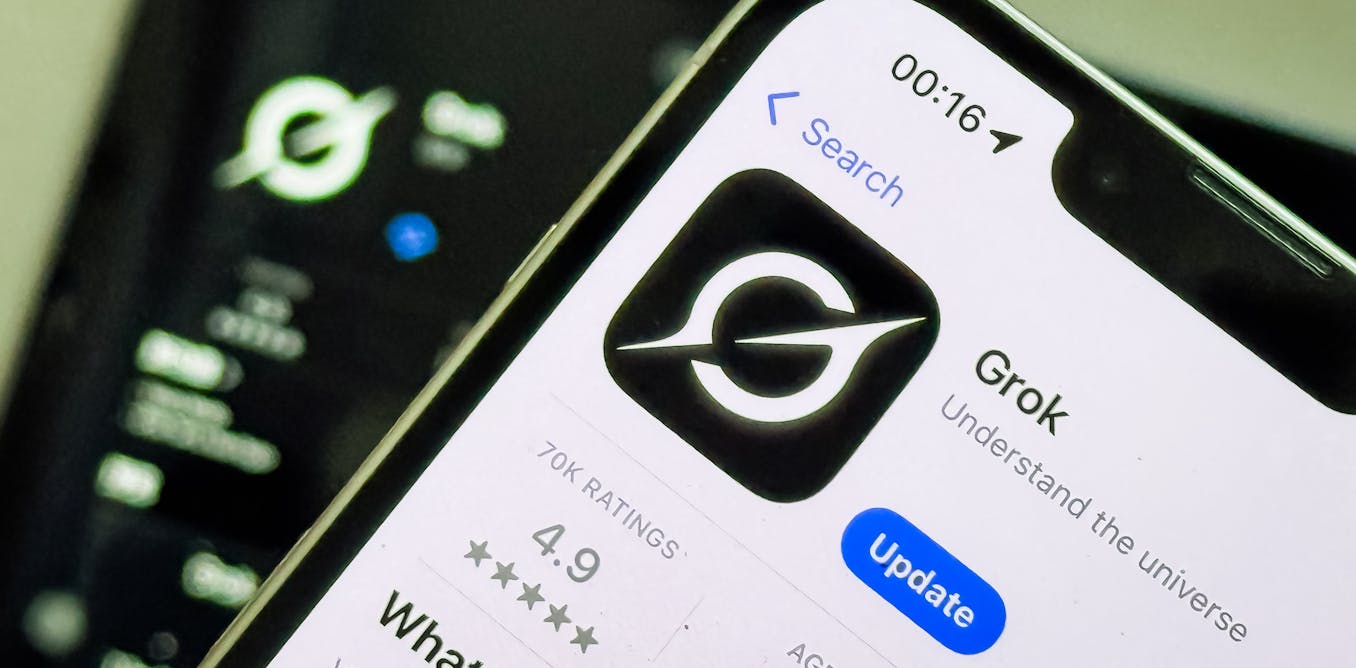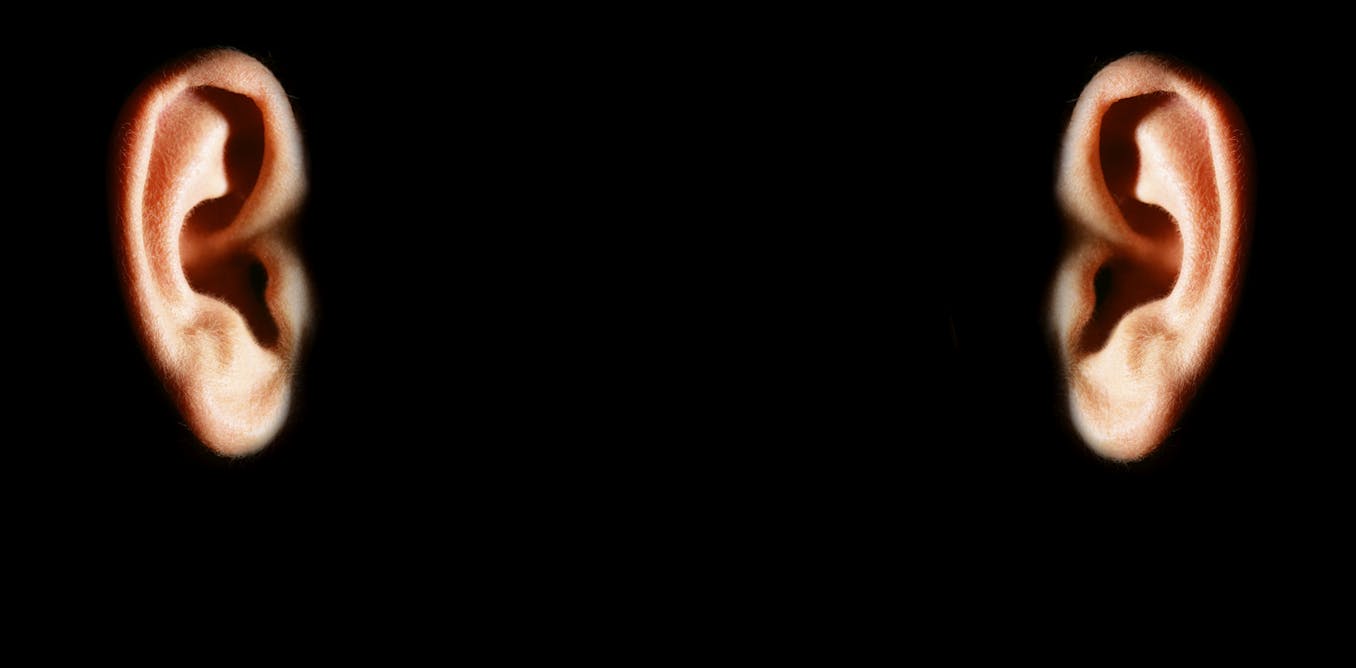Grok’s ‘white genocide’ responses show how generative AI can be weaponized
The tools that are meant to help make AI safer could actually make it much more dangerous.
June 18, 2025 • ~9 min
Evolution made us cheats, now free-riders run the world and we need to change, new book warns
To save democracy and solve the world's biggest challenges, we need to get better at spotting and exposing people who exploit human cooperation for personal
June 17, 2025 • ~6 min
Animals can’t talk like humans do – here’s why the hunt for their languages has left us empty-handed
Many scientists see evidence of language in the sounds animals put together, but they may be kidding themselves.
June 9, 2025 • ~8 min
What is vibe coding? A computer scientist explains what it means to have AI write computer code − and what risks that can entail
Vibe coding is a buzzy phrase that describes using AI language tools to write software. You enter a natural language phrase for what you want – to a point – and get back code.
June 4, 2025 • ~5 min
Your left and right brain hear language differently − a neuroscientist explains how
Left and right brains hear speech differently, yet how this divide forms was unclear − until mouse studies showed each hemisphere runs on its own developmental clock.
June 4, 2025 • ~7 min
Neurosymbolic AI is the answer to large language models’ inability to stop hallucinating
Neurosymbolic AI combines the learning of LLMs with teaching the machine formal rules that should make them more reliable and energy efficient.
May 30, 2025 • ~9 min
Touch can comfort and heal, but also harm − a psychologist explains why gestures don’t always land as intended
The most comforting touch communicates care for the person receiving it – not just the intentions of the person offering it.
May 16, 2025 • ~8 min
/
41








